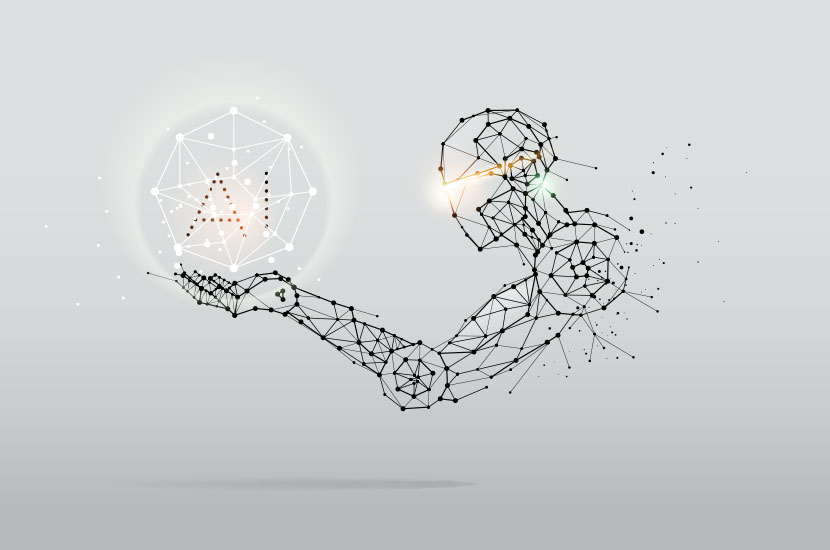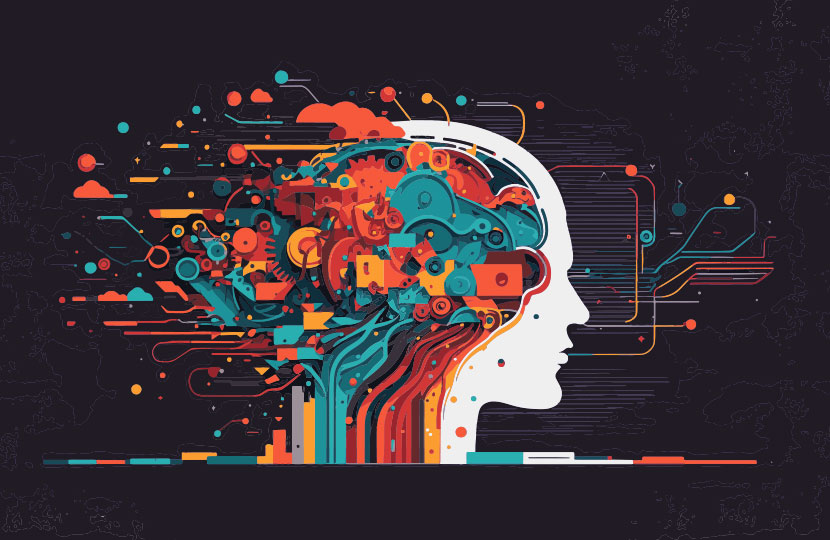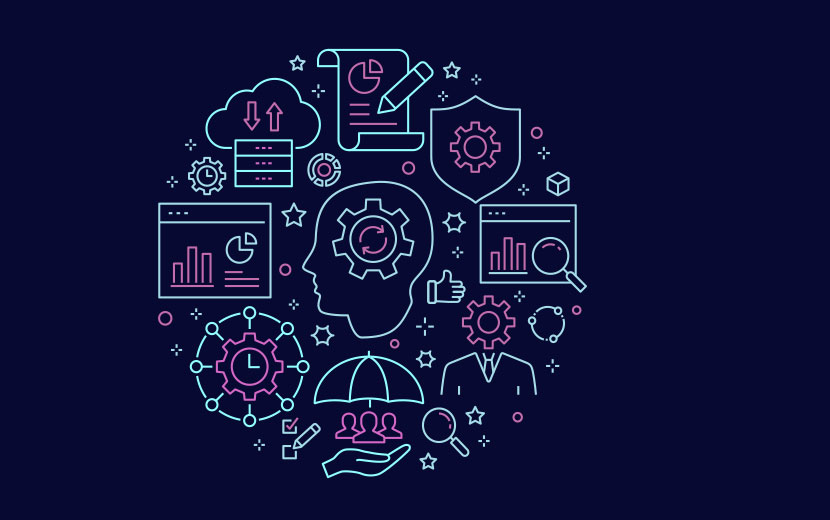One area of AI that is gaining more attention than ever is “generative AI”. Since the spectacular emergence of ChatGPT, the experience of AI in real life has increased significantly, and the possibilities and scope of this field have expanded from idea generation to media and content areas such as painting and music. People are excited about these new AI innovations and opportunities. Generative AI is expected to have a huge impact, especially in the business world. Early adopters are already responding to the market by integrating ChatGPT into their services or launching their own AI services.
Generative AI, as the name suggests, refers to AI techniques where machines actively generate new results. It goes beyond simply searching and sorting through existing data on command, and instead combines or interprets existing information to create new results. Through this process, AI can now provide answers to questions that humans haven’t asked or use pre-trained data to create content that doesn’t yet exist.
The ‘Artificial Intelligence Era’ is upon us
Generative AI is being utilized in more diverse ways in the business world. Together with Upstage, Samsung SDI aims to improve the AI performance of its robotic process automation (RPA) solution ‘Brit RPA’ and utilize it in a wide range of fields. In particular, it plans to add optical character recognition (OCR) technology to provide more precise and high-level services. In addition, the solution has been enhanced to learn the latest data so that it can recognize changed regional information and certifications without error.
Fintech company Newzystock has introduced ChatGPT as a new service for Korea’s largest quantitative investment platform, Zenport. The service provides analysis of 227 individual factors, factor combination analysis, and portfolio manager functions. In particular, the ‘Portfolio Manager’ menu utilizes ChatGPT for theme analysis and weighting suggestions for investors’ stock portfolios, helping investors with limited financial knowledge to easily organize and manage their investment portfolios.
Ask Instacart screen, Instacart official website
Meanwhile, Instacart has launched “Ask Instacart,” an AI search tool powered by ChatGPT. The service can save users time by providing personalized recommendations and answering shopping- related questions. It provides product recommendations, food preparation information, product attributes, ingredient information, and more, and recommends new products through personalized question prompts based on a customer’s shopping history. The tool also allows users to ask questions such as “What side dishes do you recommend for lamb chops?” or “What foods are similar to salmon?” to get recommendations for additional purchases.
Generative AI technology is revolutionizing many industries
Generative AI technology is already having a major impact across a wide range of industries. AI- powered creative tools are generating new forms of content, which in turn are creating new experiences for consumers and enabling businesses to execute more personalized and effective marketing and advertising strategies. The role of generative AI in design and product development, media, education, and more continues to diversify.
OpenAI’s ChatGPT can be used to write sentences, paragraphs, and even entire articles or novels. This technology has also been used in advertising and marketing, where it is widely used to create personalized messages and campaigns.
It can also quickly simulate and optimize a myriad of design options, allowing designers and engineers in design and product development to quickly find more effective solutions. Automakers are using AI to optimize vehicle designs, and architects are using AI services like Midjourney, Dall- eE, and Stable Diffusion to develop designs that improve the energy efficiency of buildings.
Generative AI is also supporting creative roles in a variety of media, including music, film, and games. It can provide personalized experiences or help artists create new forms of art. Music generative AI generates unique music tracks that match your taste, and in game development, AI is being used to create unique game environments or create NPCs that react to player actions.
AI is also providing huge benefits in the HRD space. It can create personalized learning materials or create questions that match the learning progress of the student (employee). With the introduction of these technologies, students can learn at their own pace and style, and instructors can help them improve their understanding.
These examples are just the beginning of how generative AI can change the business market. While I don’t know exactly how generative AI will impact our lives and society as a whole, I do know that the technology has great potential to enhance our creativity and efficiency, and it’s imperative that we take full advantage and explore these possibilities in the new business landscape.
Concerns and challenges with generative AI
However, the development of generative AI has been controversial. In particular, copyright issues and the unauthorized use of data for training are constantly being debated. Issues such as who owns the copyright of AI-generated works and where the data trained by AI should be sourced are still unclear.
There is also some debate about the accuracy of the information provided by generative AI. While AI is built on human learning and judgment, it is not always accurate or perfect. The counterargument is that AI’s answers are based on its own training data, which can contain errors. Especially in today’s society, there are problems such as fake videos and articles called “fake news,” and appropriate regulations and countermeasures are needed to prevent such generative AI technologies from being abused.
As you can see, generative AI is still in its infancy, but it has already changed the business landscape, and its impact is likely to continue to grow. At the same time, however, it’s important to keep in mind that these advances in AI bring with them new challenges and problems, which require research and response strategies.
In conclusion, generative AI is now being utilized in many parts of the business environment and will continue to do so in the future. However, these advances in technology also create new challenges and problems that we need to find ways to overcome. To this end, it is more important than ever that we understand the limitations and possibilities of AI, and that we think about and discuss how we will use it.
By Korea Advanced Institute of Technology Department of Industrial Management Prof. Yoon Sang Hyuk
2023.08.23






